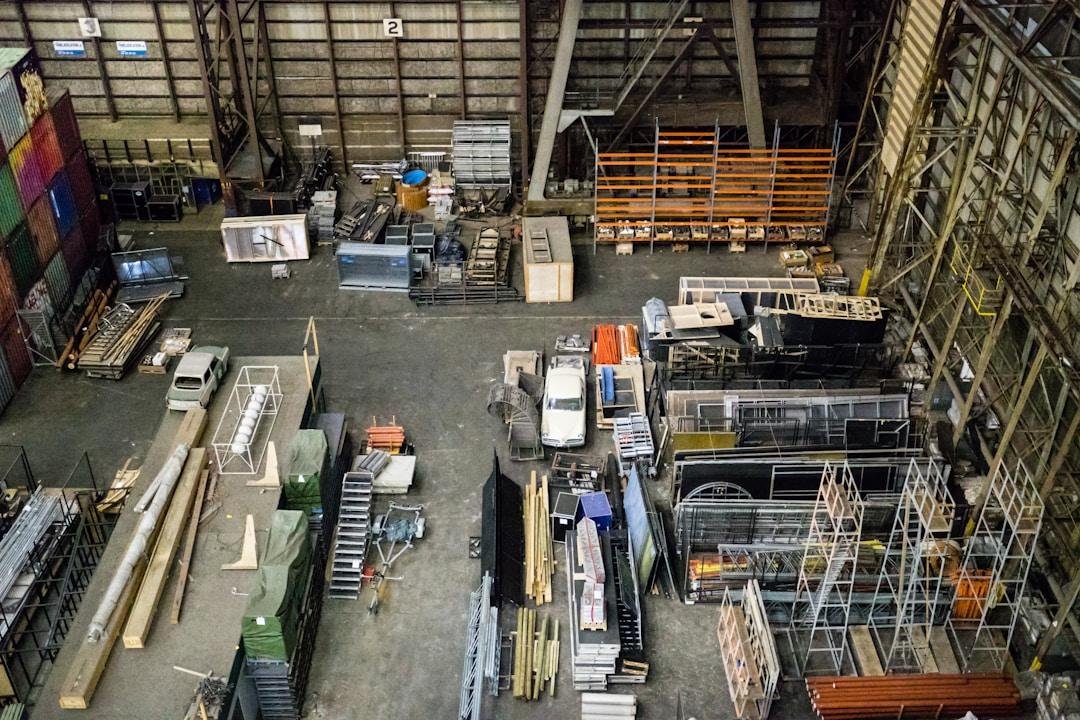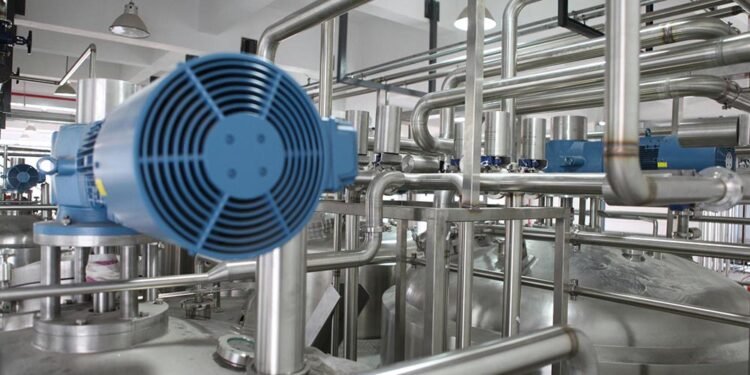As manufacturing demands increase, companies are perpetually on the lookout for cost-effective solutions to meet their needs. In the competitive industry that revolves around production and efficiency, cutting costs without compromising quality is a high-priority objective. Used industrial equipment offers an enticing avenue for businesses to achieve this balance. By considering pre-owned machinery, companies can see a substantial positive impact on their bottom line. Below, we explore the multiple advantages of integrating used industrial assets into your business strategy.
Exploring the Cost Benefits of Investing in Used Industrial Equipment

Looking to maximize your business investment? Used industrial equipment can be your solution. Unlike new machinery that quickly depreciates, used options offer substantial savings, often priced significantly lower than their new counterparts. This allows businesses to allocate resources to critical areas like R&D or marketing, fostering growth without overextending financially. Quality-checked and capable of matching new machinery performance, used equipment ensures seamless production continuity.
With a robust secondary market offering diverse options, including specialized machinery, businesses can find exactly what they need without the wait. For instance, when you need to upgrade or replace equipment, consider this cost-effective move: Shop for used industrial equipment from Genemco. It’s a strategic choice that optimizes cash flow and operational efficiency, minimizing downtime and maximizing profitability.
Maximizing Production Efficiency with Pre-Owned Machinery
Introducing used machinery into industrial settings doesn’t mean sacrificing production efficiency. Well-maintained used machines like compressors, conveyors, slicers, industrial boiler, condensers, etc. often perform as well as new ones and can offer access to advanced technology that might otherwise be too expensive. Some come with upgrades or recent overhauls, extending their service life. Operators can enhance productivity through retrofitting or customization without the high costs of buying new.
Choosing used equipment can speed up technology implementation on the production floor, crucial for businesses aiming to adapt quickly to market changes or scale operations. It also reduces lead time compared to purchasing new machinery. Building relationships with trusted sellers of used industrial equipment provides insights into maintenance history and performance, ensuring future purchases meet specific needs reliably.
Sustainability and Cost-Effectiveness: The Dual Advantages of Second-Hand Equipment
Purchasing used industrial equipment offers dual advantages of cost-effectiveness and environmental responsibility. By extending the lifecycle of machinery, companies reduce industrial waste and lessen the demand for new raw materials. This approach aligns with sustainability principles and enhances a company’s green credentials.
Newer pre-owned models often boast improved energy efficiency, translating into operational cost savings and a reduced carbon footprint. Embracing second-hand equipment not only supports a circular economy but also appeals to environmentally conscious consumers, potentially boosting brand loyalty and business growth.
Navigating the Market for Reliable Used Industrial Tools and Machinery

Navigating the diverse market of used industrial tools and machinery requires thorough research and networking. Potential buyers should explore specialized platforms and reputable sellers that match their equipment needs. Industry connections through trade shows, forums, and auctions can offer valuable recommendations and potentially better deals. Online marketplaces provide a wide selection and detailed equipment information, encouraging comparison shopping for optimal solutions.
A reliable partner like Genemco combines expertise with a broad inventory of quality pre-owned equipment, offering businesses trustworthy guidance in their acquisition process. Established vendors prioritize equipment reliability, making them essential allies for businesses seeking efficient solutions to their equipment requirements.
Strategies to Ensure Quality When Purchasing Used Industrial Assets
When buying used industrial equipment, quality assurance is crucial despite cost savings. To ensure reliability, buyers should conduct thorough inspections to uncover maintenance history and potential hidden issues. It’s essential to deal with reputable sellers who offer transparency and support, such as warranties, to minimize risks.
Understanding the equipment’s lifecycle and maintenance needs is key. Buyers should prioritize machines with accessible spare parts and easy servicing options. Choosing equipment that can be upgraded or integrated with new technologies ensures long-term value and efficiency. By taking these steps, purchasers can make informed decisions that benefit their operations both now and in the future.
Overall, incorporating used industrial equipment into business operations offers significant benefits. Thoughtfully chosen and properly maintained machinery can boost production efficiency, promote sustainability, and positively impact a company’s profitability. By adopting strategic approaches during selection and purchasing, businesses can make confident investments in these assets, leveraging their full potential for success.












